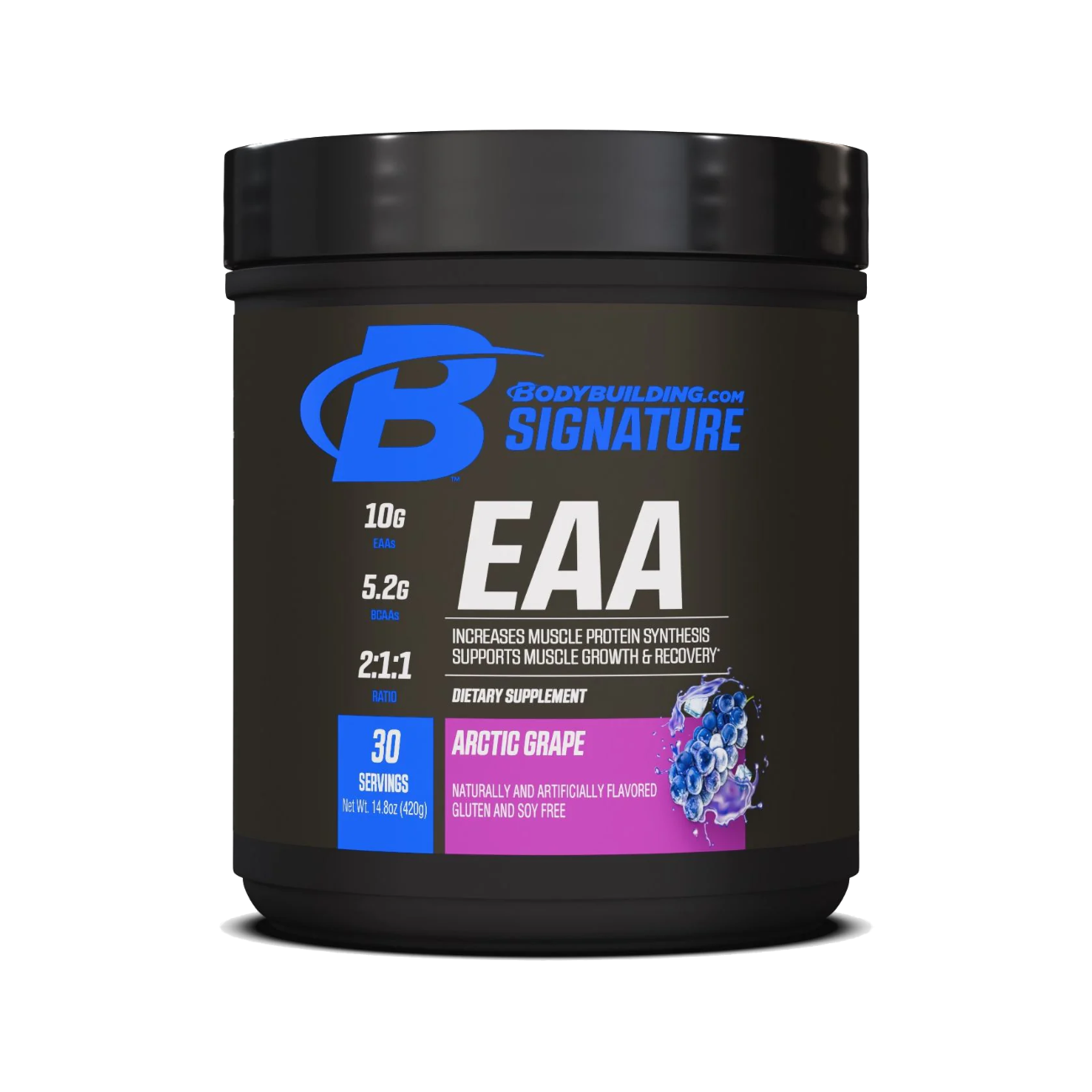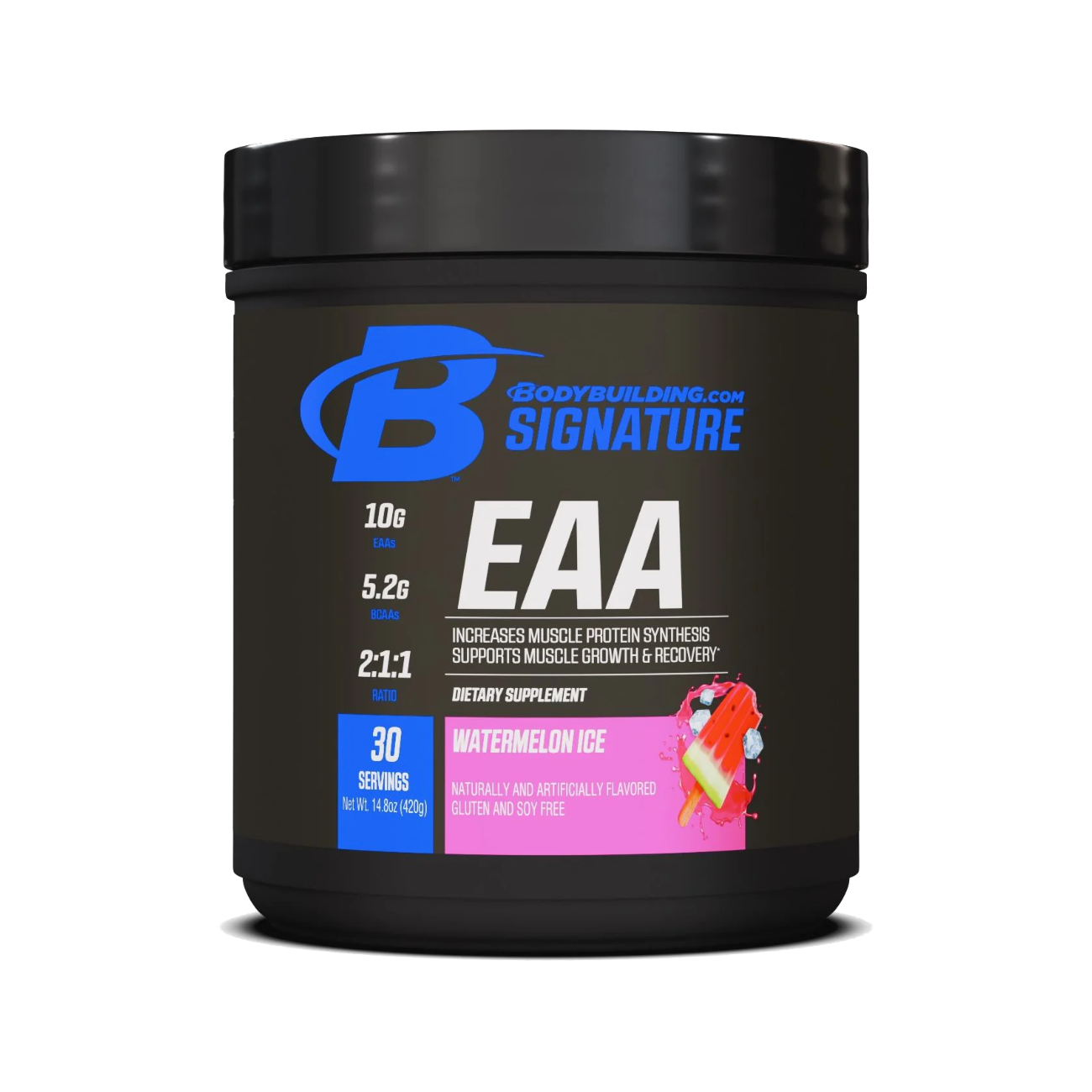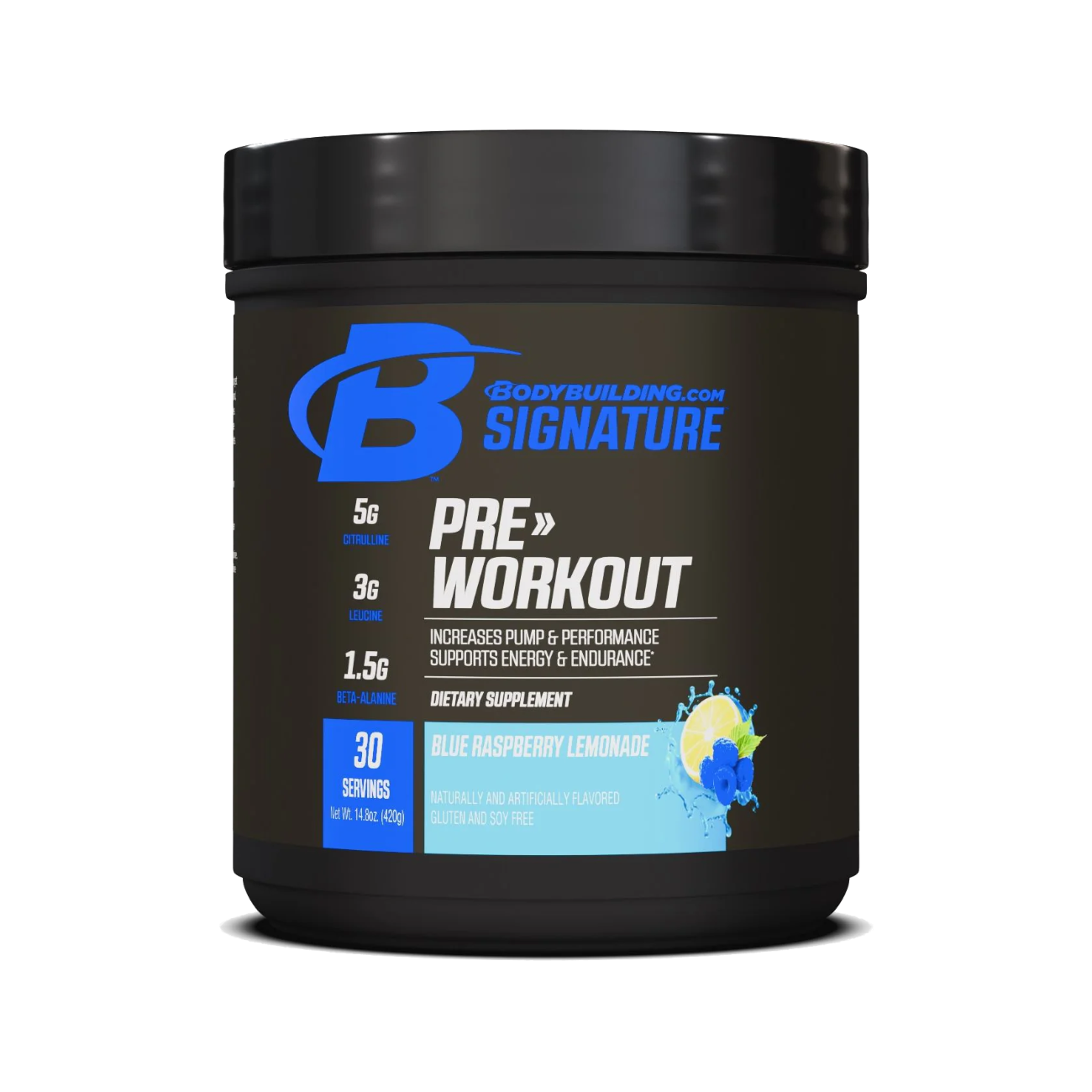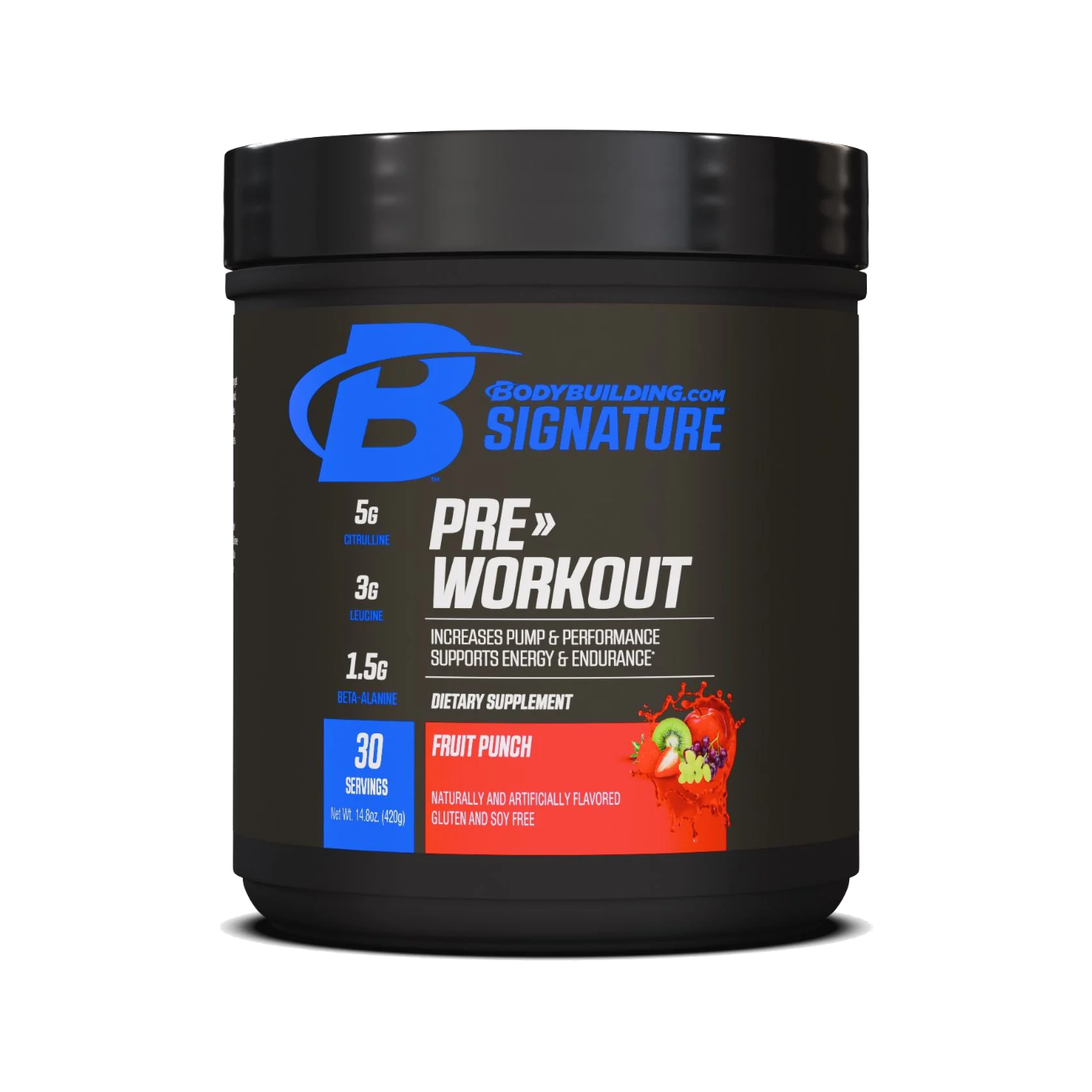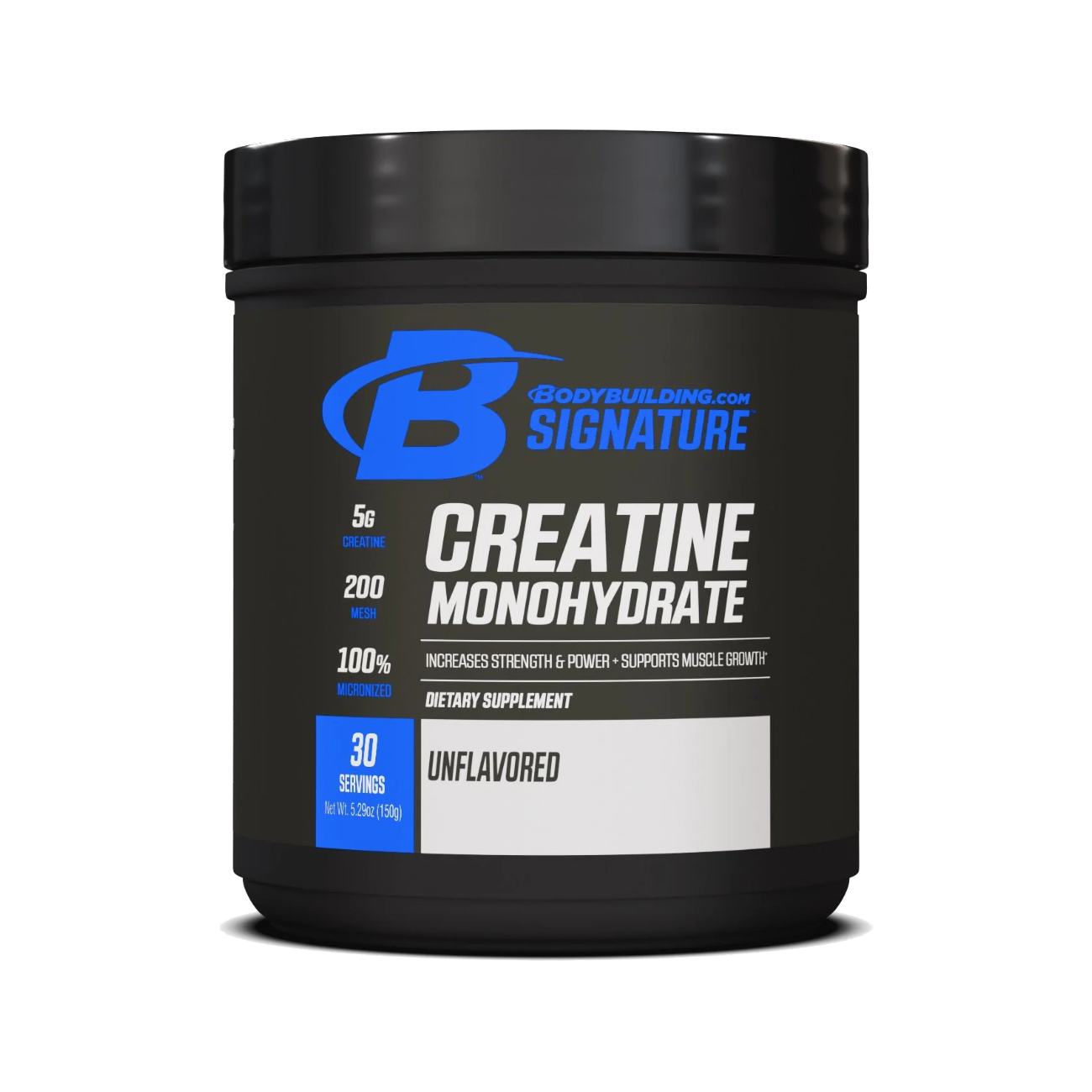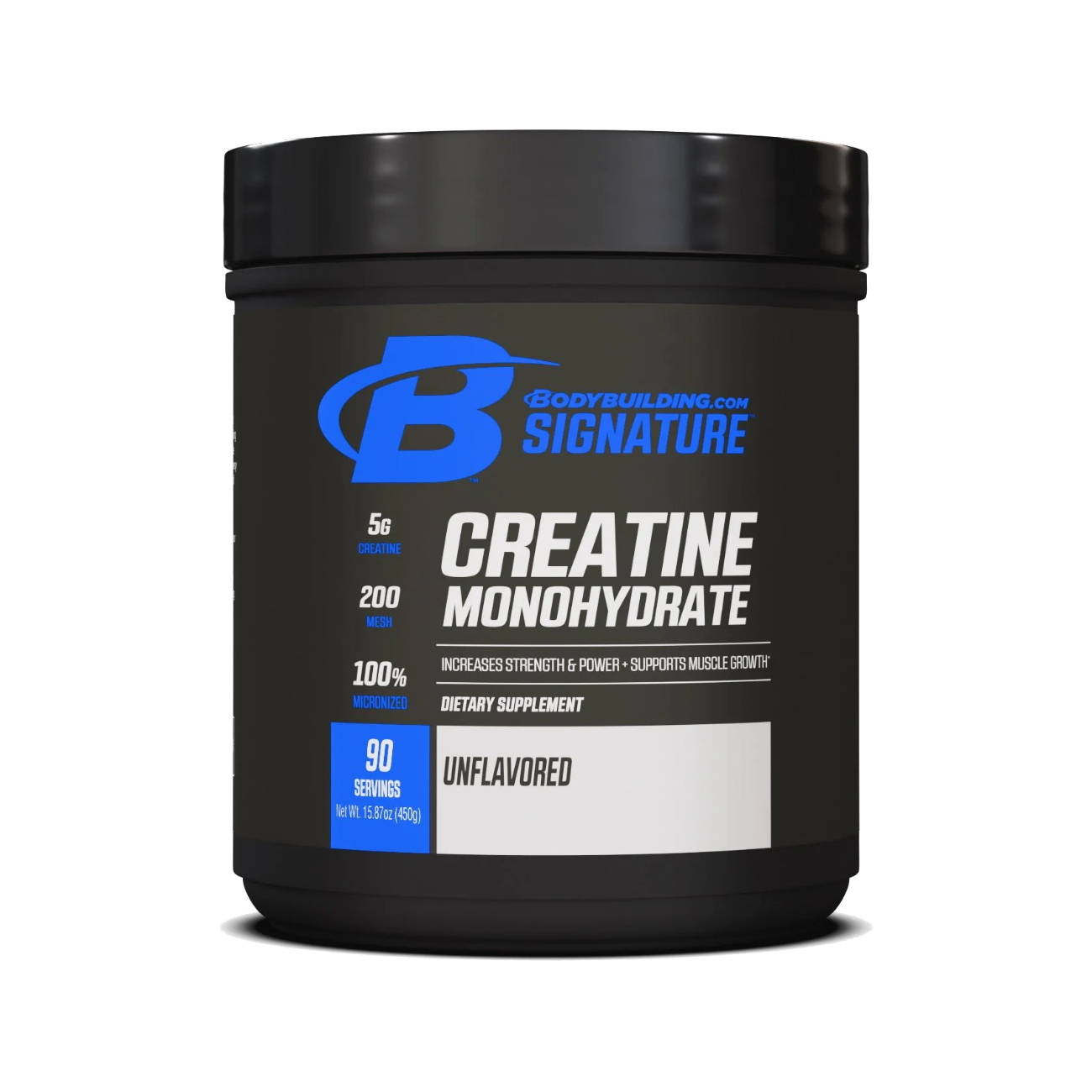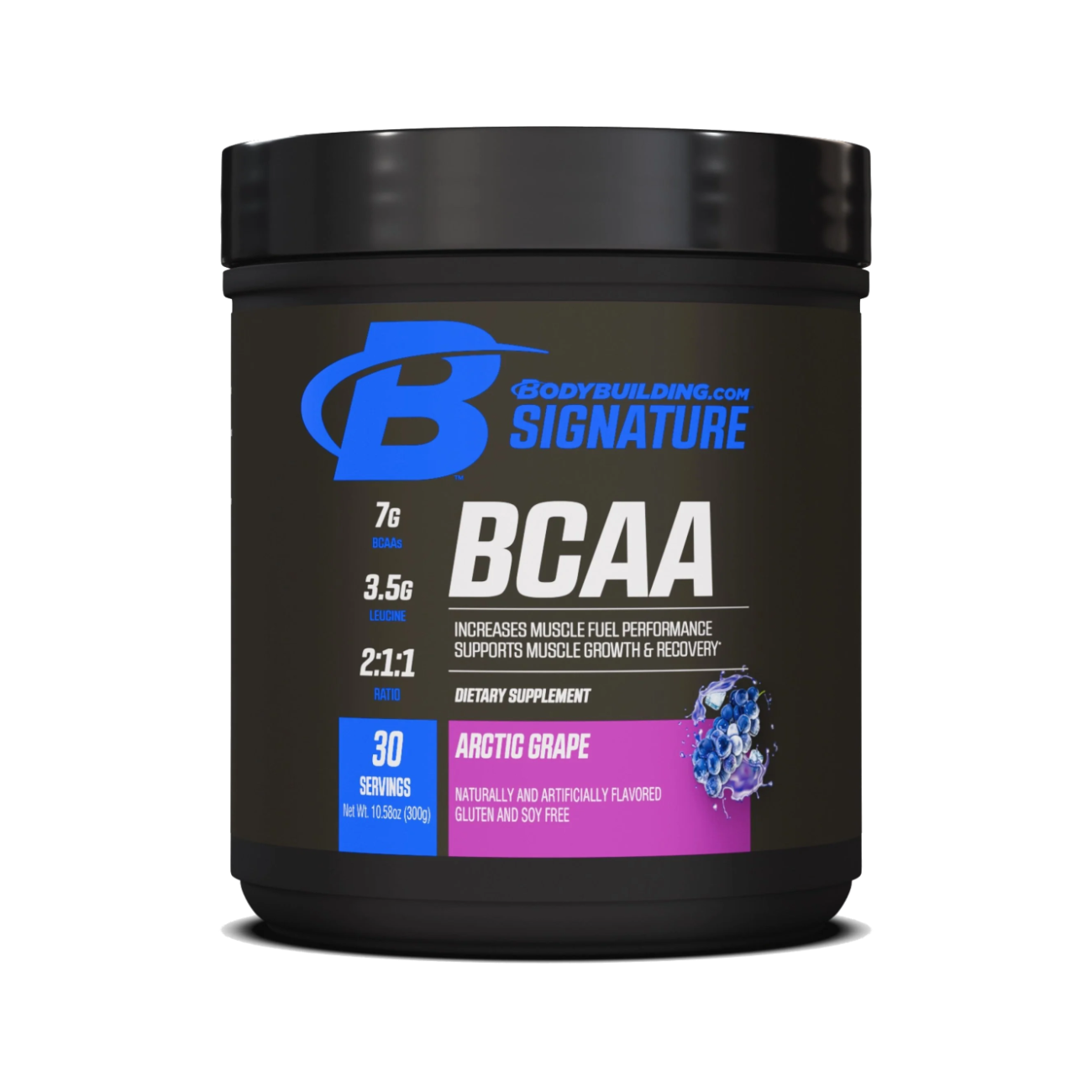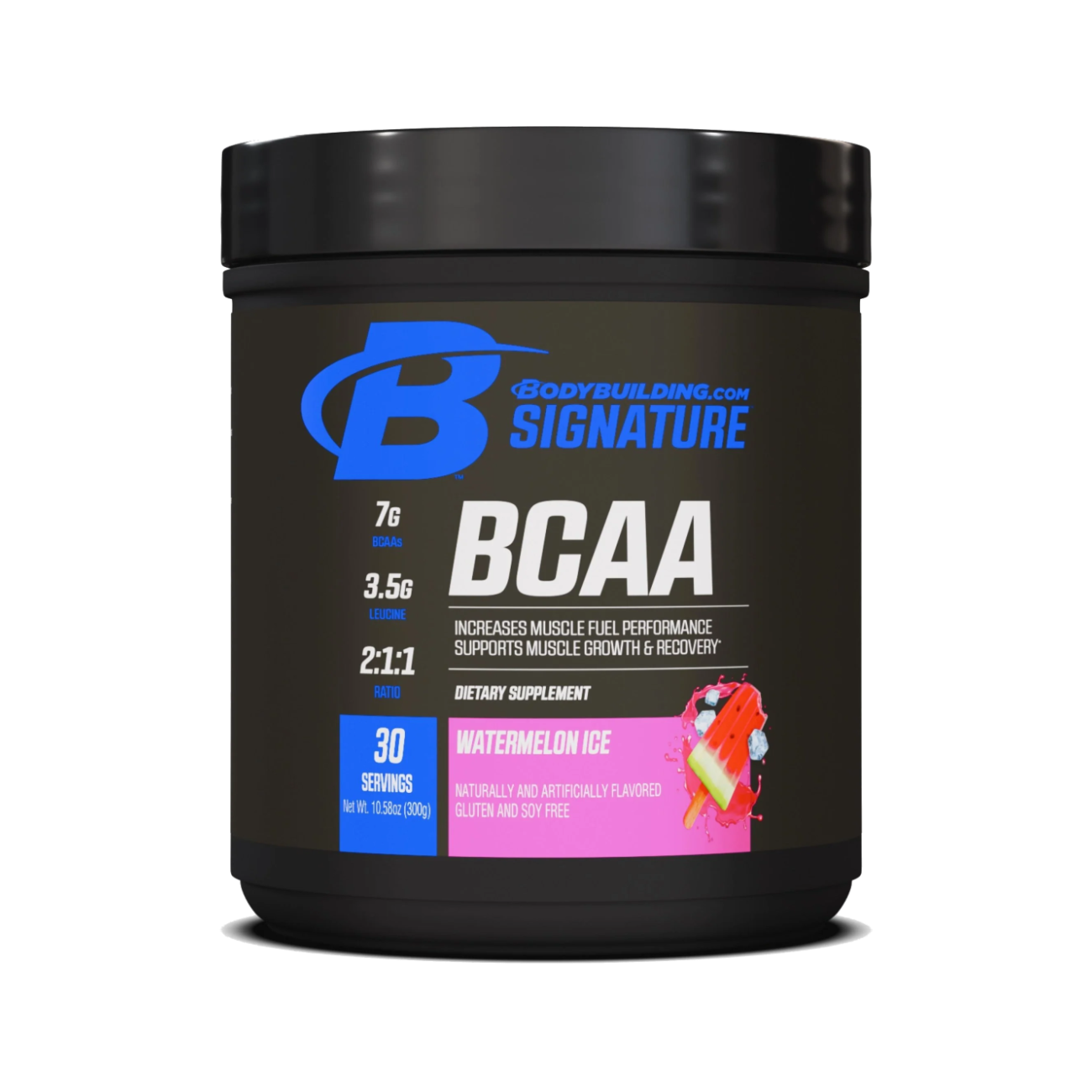Are carbs critical for resistance training, endurance training, and recovery? If so, why, and how much is needed for optimal results?
January 24, 2025
Carbohydrates’ importance in sports performance is well documented, especially endurance activities. However, their role in resistance training and recovery is also essential but not as well known. Carbohydrates are used by the body to create glycogen, a stored form of glucose that is the body’s preferred energy source for moderate to high-intensity exercises. Glycogen is stored in the liver and muscles and can be stored in the body in more significant amounts in individuals with higher training status’.
In this article, we’ll examine the research to determine the latest recommendations on carb intake for resistance training, endurance, and recovery.
Resistance training
Carbs are essential to replenish muscle glycogen after working out, but is extra carbohydrate supplementation necessary beyond a regular diet? The short answer is no. Regarding resistance training, less than 90 minutes a session once daily, carb intake from a regular diet is sufficient (unless you do something else intense within the same day).
A recent systematic review examined how carbohydrate consumption within 24 hours before a workout affected resistance training performance (3). Nearly two-thirds of the studies the review examined showed no difference in performance, with the other third showing that high carb intake led to greater performance.
The review explained that the studies that did show a positive correlation with increased carbs were likely because the participants’ overall caloric intake was increased. They felt satiated, both of which can improve performance. This means it wasn’t possible due to the higher carbs but the higher caloric intake.
The authors also explain that the typical athlete has 500 grams of stored muscle glycogen and that a typical one-hour resistance training session only uses around 80 grams of carbohydrate to fuel, or 16% muscle glycogen depletion. In sum, adequate overall caloric intake is more important than the amount of carbs for resistance training performance.
Another author writes that resistance and power athletes do not need as much carbohydrates as endurance athletes to maintain adequate glycogen stores (2). In a different study, there was no difference in muscle mass and strength between high and low carbs, but high carbs may have some small advantages (Ribeiro).
One study on supplementation strategies for strength athletes recommends consuming 1.2 g/kg of carbohydrates combined with 0.4 g/kg of protein within a few hours of a workout (1). This recommendation can easily be attained through a regular planned meal and is significantly lower than recommendations for endurance athletes.
Endurance Training
While carbohydrates may not matter much in a one-hour training session, such as in a typical resistance training session, endurance training does require optimal carbohydrate intake (4). Endurance training includes competitions over 90 minutes, multiple events within one day, and other multi-day events.
Training status matters greatly when determining how much CHO ingestion is needed before exercise. For example, untrained people can have around 200 mmol/kg of glycogen, whereas highly trained individuals can have over 800 mmol/kg (5). This means glycogen depletion can happen much earlier in less-trained people, so they may need to supplement with pre-carb intake more than highly trained people.
To achieve muscle glycogen loading, athletes are recommended to consume a very high carbohydrate diet (i.e., 10–12 g·kg−1 body mass [BM] for 36–48 h before a competition (5).
It is recommended that athletes ingest up to 60 g per hour of rapidly digestible carbohydrates, such as glucose or glucose-fructose mixes, for exercise sessions that are up to three hours long (5).
Recovery/Post-Competition and Training
The main factors to consider when planning carbohydrates for recovery are the time until the next training session or competition, the type of exercise, nutritional needs, and other highly individual factors (2).
The purpose of carbohydrates after the competition is to recover the liver and muscle glycogen stores. Replete muscle glycogen stores take 24-36 hours (5). Current nutritional guidelines recommend athletes ingest carbohydrates as soon as possible at the rate of 1.0–1.2 g per kg to optimize repletion of glycogen stores for the first 4 hours if rapid glycogen repletion is needed for another bout of exercise. A typical diet is recommended if another training session or competition is more than two days away (5).
Another factor to consider for recovery is the individual's training status. If an individual is at a high training status, they will be able to store more muscle glycogen and thus may be able to replenish with a higher dose than recommended (Podloger).
The International Society of Sports Nutrition rank daily carbohydrate needs as follows:
Moderate duration/low-intensity training (e.g., 2–3 h per day of intense exercise performed 5–6 times per week): 5–8 g·kg−1 body mass·day−1
Moderate to heavy endurance training (e.g., 3–6 h per day of intense training in 1–2 daily workouts for 5–6 days per week): 8–10 g·kg−1 body mass·day−1
Extreme exercise programs or competition (+6 h per day or high competition frequency during the week): 10–12 + g·kg−1 body mass·day−1
Conclusion
Carbohydrates are vital in athletic performance, from fueling endurance activities to supporting recovery and resistance training. For resistance training lasting less than 90 minutes, carbohydrate needs can typically be met through a regular, balanced diet, with overall caloric intake being a more significant factor for performance. Conversely, endurance athletes often require more precise carbohydrate planning to optimize glycogen stores, particularly for extended or high-intensity sessions.
Recovery strategies depend on the time between training sessions, the athlete's training status, and individual needs. By understanding these distinctions, athletes can better tailor their carbohydrate intake to enhance performance and recovery, aligning with their training goals.
References
-
Bird SP, Nienhuis M, Biagioli B, De Pauw K, Meeusen R. Supplementation Strategies for Strength and Power Athletes: Carbohydrate, Protein, and Amino Acid Ingestion. Nutrients. 2024 Jun 14;16(12):1886. doi: 10.3390/nu16121886. PMID: 38931241; PMCID: PMC11206787.
-
Bonilla DA, Pérez-Idárraga A, Odriozola-Martínez A, Kreider RB. The 4R's Framework of Nutritional Strategies for Post-Exercise Recovery: A Review with Emphasis on New Generation of Carbohydrates. Int J Environ Res Public Health. 2020 Dec 25;18(1):103. doi: 10.3390/ijerph18010103. PMID: 33375691; PMCID: PMC7796021.
-
Henselmans M, Bjørnsen T, Hedderman R, Vårvik FT. The Effect of Carbohydrate Intake on Strength and Resistance Training Performance: A Systematic Review. Nutrients. 2022 Feb 18;14(4):856. doi: 10.3390/nu14040856. PMID: 35215506; PMCID: PMC8878406.
-
Kerksick C.M., Wilborn C.D., Roberts M.D., Smith-Ryan A., Kleiner S.M., Jäger R., Collins R., Cooke M., Davis J.N., Galvan E., et al. ISSN exercise & sports nutrition review update: Research & recommendations. J. Int. Soc. Sports Nutr. 2018;15 doi: 10.1186/s12970-018-0242-y.
-
Podlogar T, Wallis GA. New Horizons in Carbohydrate Research and Application for Endurance Athletes. Sports Med. 2022 Dec;52(Suppl 1):5-23. doi: 10.1007/s40279-022-01757-1. Epub 2022 Sep 29. PMID: 36173597; PMCID: PMC9734239.



